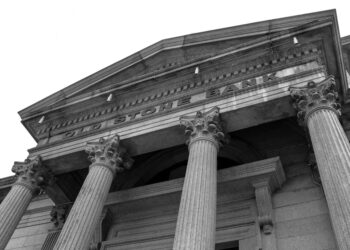The Supreme Court has struck down the Securities and Exchange Commission’s (SEC) practice of using administrative law judges to adjudicate disputes. The ruling in SEC v. Jarkesy has far-reaching implications for the federal government, potentially impacting various agencies and cases beyond the SEC.
Hedge fund manager George Jarkesy brought the case, challenging the SEC’s use of administrative law judges to decide legal disputes outside the traditional judicial system. The court ruled 6-3 that defendants facing securities fraud penalties are entitled to a jury trial, rather than having an administrative law judge decide the dispute.

This decision may affect Americans’ disputes over Social Security benefits, labor disputes, and workplace safety incidents, among other issues. While the court’s opinion is narrow, its impact on other agencies remains to be seen. Justice Sonia Sotomayor dissented, warning of “chaos” and a “power grab” that encroaches on Congress’s authority.
Billionaires Elon Musk and Mark Cuban had urged the court to rule against the SEC, citing concerns about unequal outcomes, erosion of trust in public institutions, and limited market information. The ruling has significant implications for the federal government, which employs over 1,900 administrative law judges, with legal proceedings carrying substantial financial consequences.
This case is part of a broader debate over the role of federal agencies in the US legal system, with conservative legal interests seeking to limit agency power. SEC Chair Gary Gensler acknowledged the ruling, stating that the SEC will implement it while maintaining its mission to protect investors and facilitate capital formation.














